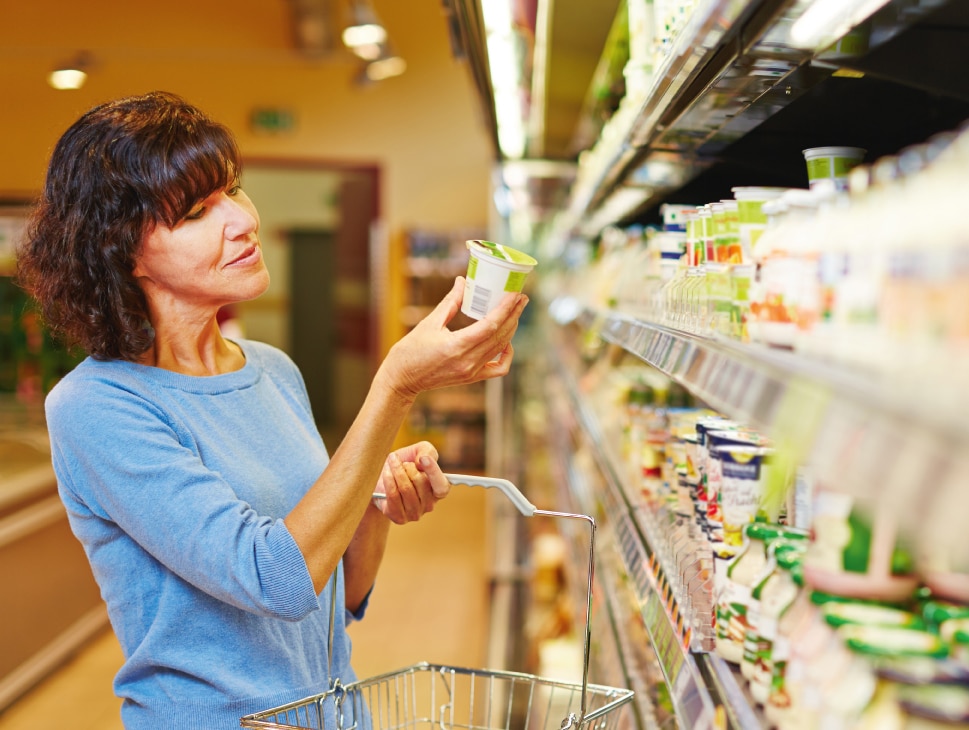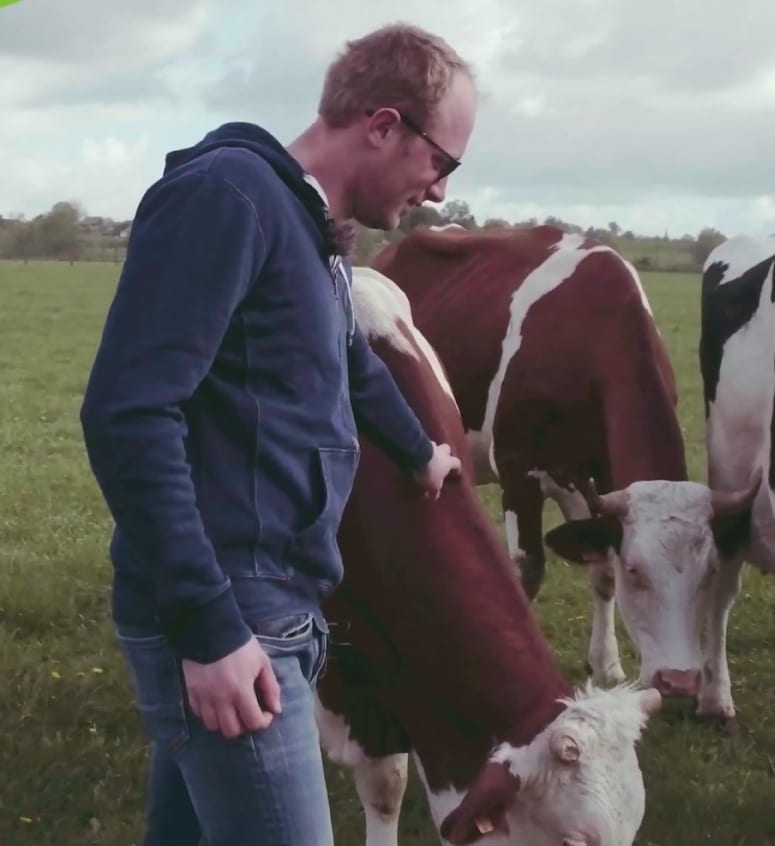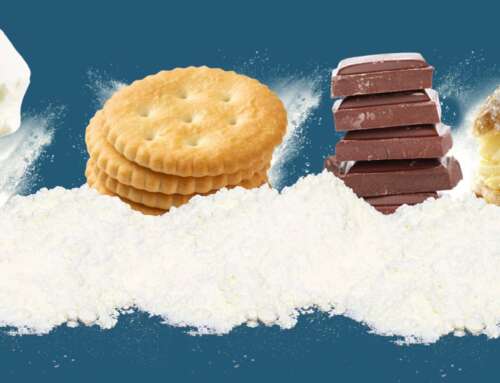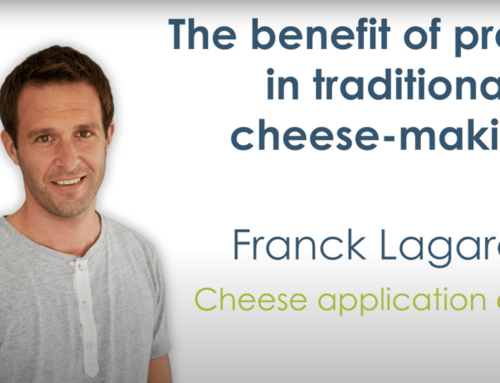Develop the company’s CSR. Meet demanding consumer expectations in terms of naturalness, impact on the environment and on health, product manufacturing conditions…
These are the challenges faced by food brands partaking in the clean label trend.
What are the characteristics of this approach? How can it be implemented in manufacturing processes, particularly for dairy products?
Ingredia provides answers to all of these questions.

What is a clean label?
It is not a “label” per se. It is a voluntary approach taken by companies in the agri-food sector that choose to adjust their production methods to meet requirements of health, eco-responsibility, the environment, social justice, animal welfare, etc. Therefore, it is related to CSR (Corporate Social Responsibility) which, depending on the country of implementation, implies legal obligations.
The clean label, on the other hand, does not adhere to regulations or a set of specifications.
No official organization evaluates a company’s production method and issues a clean label certification, unlike the organic label, for example.
Similarly, there is not an official clean label logo. Companies are therefore free to claim a “clean label” by stating their qualities: reduction or suppression of additives, a fair price to producers, local supply for short food supply chain, etc.
In order to be taken seriously by consumers, this approach must carried out with transparency and an adherence to true ethics. It implies precise and honest labeling of products, specification of ingredients, production methods, origin of the product and its components, etc.
How do you “earn” the clean label?
A company can develop production methods that are adapted to clean label requirements.
These methods must accomplish various challenges:
- Consumers are increasingly rejecting chemical ingredients such as E-additives (preservatives, flavour enhancers, texture agents, etc.) and melting salts. We must also consider those who follow special diets (gluten-free, egg-free, low-sugar…) and also seek food products to their liking. We are seeing a strong nutraceutical transition towards products that state their health benefits.
- Respect for the environment. The production of ingredients must have a limited impact on the environment. Companies may highlight the use of sustainable agriculture from start to finish. Using organically grown ingredients is one component of this process.
- Fair price for producers. Consumers want to be assured that the producer’s share of the price allows the producer to make a decent living from their work.
- Animal welfare. Consumers want to know how the animals were raised before being butchered, or before providing the milk, eggs, etc. that were used to make the product. Traceability of the product must be very clear on this point.
- The consumer’s need for transparency is tied to the previous issues. Product labeling must answer all questions and concerns. Companies benefit from adopting Nutri-Score type labeling or using blockchain to ensure full transparency.
What are clean label solutions for dairy product manufacturing?
The clean label trend is revolutionizing the world of dairy products, yoghurts, cheeses, etc. Central issues are the use of natural ingredients and the elimination of additives.
Dairy products are very sensitive to processing. Their taste and texture can vary greatly depending on temperature, additives and manufacturing methods used. Consumer tastes also play an important role: Stirred or firm yoghurt? Processed or traditional cheese? Drinking yoghurt (healthy snacking)? Creamy dessert?
How does one eliminate additives and follow a clean label approach while maintaining taste, texture and stability standards?
Dairy proteins are a strong ally.
These ingredients naturally have functional properties that provide taste and texture. Proteins are extracted mechanically, not chemically, keeping these properties intact until the finished product is achieved making it possible to meet all consumer requirements:
- naturalness;
- pleasant taste; and
- practicality.
Origin of ingredients, animal welfare, a fair price for producers: these issues are resolved by using local and family farms, which leave the cows to graze and practice extensive breeding.
These conditions, which respect the producer, the animal, the product and the consumer, are the guarantees of clean label quality in the food industry.
They are the future of the dairy sector.



